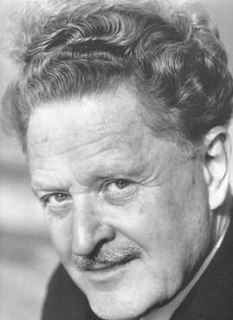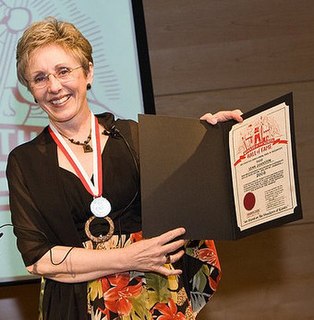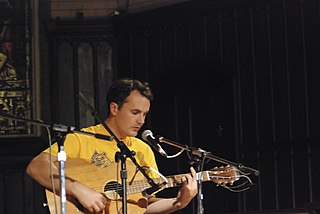A Quote by William Arthur Ward
The greatest ideas, the most profound thoughts, and the most beautiful poetry are born from the womb of silence
Related Quotes
All Profound things, and emotions of things are preceded and attended by Silence... Silence is the general consecration of the universe. Silence is the invisible laying on of the Divine Pontiff's hands upon the world. Silence is at once the most harmless and the most awful thing in all nature. It speaks of the Reserved Forces of Fate. Silence is the only Voice of our God.
we need poetry most at those moments when life astounds us with losses, gains, or celebrations. We need it most when we are most hurt, most happy, most downcast, most jubilant. Poetry is the language we speak in times of greatest need. And the fact that it is an endangered species in our culture tells us that we are in deep trouble.
No words can express how much the world owes to sorrow. Most of the Psalms were born in the wilderness. Most of the Epistles were written in a prison. The greatest thoughts of the greatest thinkers have all passed through fire. The greatest poets have "learned in suffering what they taught in song." In bonds Bunyan lived the allegory that he afterwards wrote, and we may thank Bedford Jail for the Pilgrim's Progress. Take comfort, afflicted Christian! When God is about to make pre-eminent use of a person, He put them in the fire.
When we consider the incidents of former days, and perceive, while reviewing the long line of causes, how the most important events of our lives originated in the most trifling circumstances; how the beginning of our greatest happiness or greatest misery is to be attributed to a delay, to an accident, to a mistake; we learn a lesson of profound humility.






































